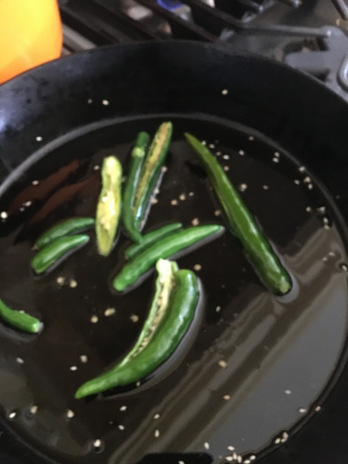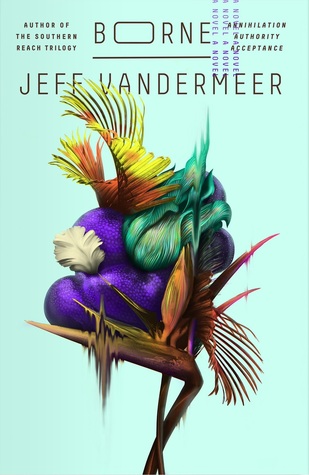
We dodge the rain, running toward the store, Sirjana, Jharana and me. And then I stop because I realize they are not running next to me. They are not used to parking lots and cars everywhere. I need to be cautioning them, watching more closely. I turn around to look, they are splashing in the puddles. They are jumping in their hour old running sneakers, the first they’ve ever had. I cringe. But I see that they love the rain, they remind me how I used to love it too. I watch them lift their arms up to the sky as I stand under eaves of the store. My friend Suzy and I played in the rain when we were little, bringing our bottles of shampoo outside, standing on the driveway in our bathing suits. I look both ways, checking for traffic.
“Hurry up,” I yell. They run toward me laughing.
I can’t wait to see their awe when we go into their first American store. I study their reaction, like I did when my kids were small, when I showed them something for the first time. The simple reliving of wonder through a child’s eyes akin to experiencing wonderment again, fuel for the spirit. But they don’t have time for wonder. Sirjana is on a mission, I can see it in her eyes.
“Peppers” she states. We start in the vegetable aisle, and I point to the plastic baskets of red, green and yellow bell assortment. She shakes her head. I show her the jalapenos. She touches them, again shaking her head. I show her the banana peppers. They are not right, either. We stand stymied by the pepper impasse, her dinner plan coming undone by American inadequacy.
I understand how she feels, the need for the right ingredients. For me it was often about health, the thought that one thing could make a difference. There was an article I read once that linked rice with arsenic from southern soil. I’d be standing in the rice aisle, squinting without my glasses, looking for the source of where the rice was grown. Sometimes it was listed. If it was in grown in Louisiana, I’d scrap my plan for dinner. Stuck in aisle three.
What should I make instead? My mom’s voice, inside my head, “you are too paranoid.”
Sirjana finally relents, and reluctantly grabs a jalapeno and next says
“Peas.”
We head to the frozen section and this is the part where I see the first signs of wonder, a pause, wide eyes. I think it is because they do not have so many prepared foods in Nepal. I later find out that is only part of it.
We arrive home and they spring into action, guests on a mission to help unload the car, and put away the groceries. I am grateful for the help but weary of explaining where everything goes, my instinct of doing things myself suddenly usurped by people out of my control. I had lots to get done before the dinner undertaking; eight people for dinner. Managing so many details has historically made me weary.
As I move into the laundry room to catch up on towels and sheets, I hear cabinet drawers opening and shutting and look over to see Sirjana hunting around for something.
“What do you need?” I ask, recognizing the feeling of fervor.
“Peas!”
“Peas?”
“Peas!” she said again
“It’s too early for the peas” I reply.
But she is undeterred, giving me an agitated look while opening up another sequence of cabinet doors, frustration spilling out of her in a potpourri mix of Nepali-English sounds. She had found a bowl.
I head over to the freezer to get the peas. There is no use in arguing. She starts to rip open the frozen bag when Maggie enters. I look at her for help, explanation, she connects the missing dots.
Share this:




